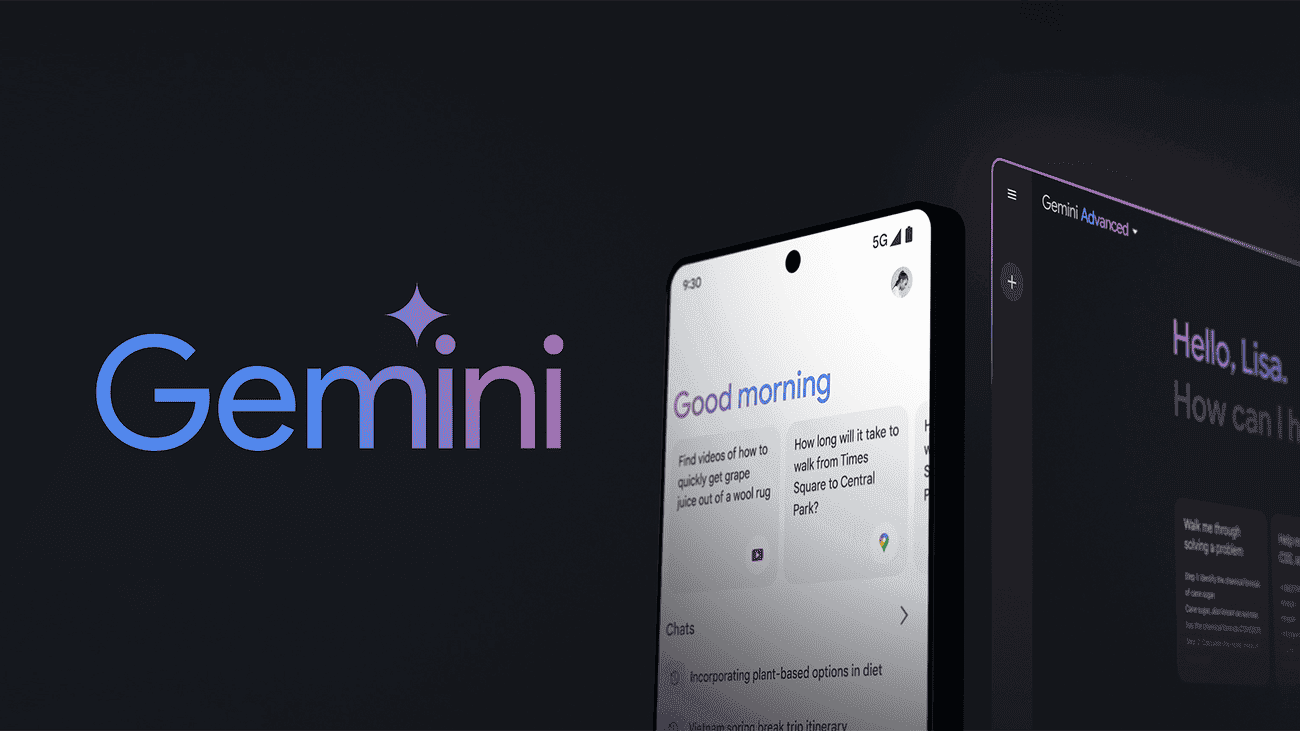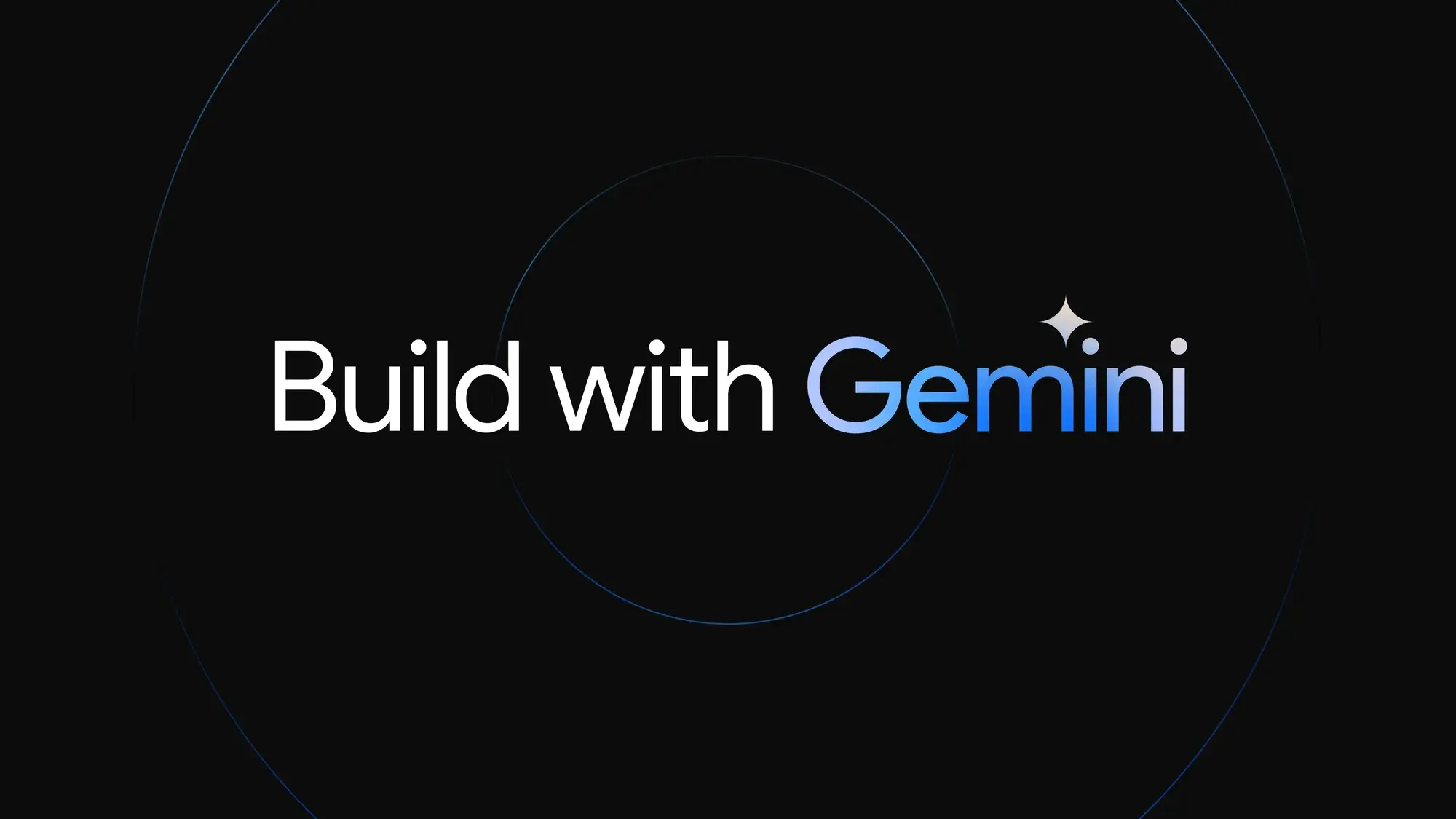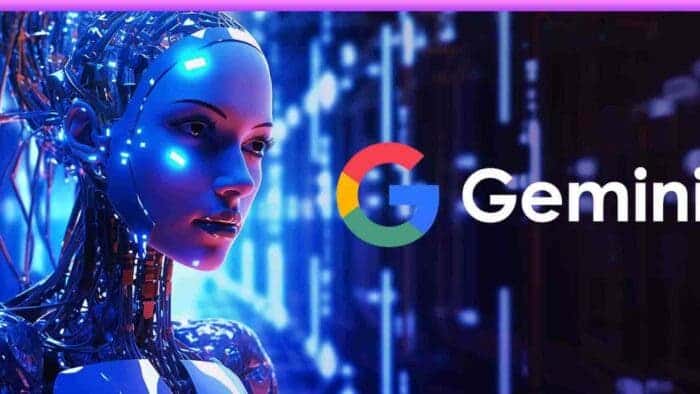Google issued an intriguing statement in early March. The company said that among its two new mobile phones, Pixel 8 and Pixel 8 Pro, only the Pixel 8 Pro can run its latest AI model, “Google Gemini”. Although the specs of the two phones are very similar, Google refused to run this model on the Pixel 8. The company cites mysterious “hardware limitations” as the reason. This statement is puzzling because Google has always said that the Pixel 8 is a mobile phone with AI as the core. The company also said that it designed the “Gemini Nano” model specifically for mobile phones.

A few weeks later, Google seemed to be relenting, announcing that it would provide the “Gemini Nano” feature for Pixel 8 in the quarterly update in June. However, there is a limitation. The Pixel 8 Pro can use this feature directly, while the Pixel 8 can only use it through a hidden Developer option. This means that most users will not be able to easily experience this feature.
Seang Chau, vice president of software for devices and services at Google, explained the decision on his “Made by Google” podcast. He said
“Pixel 8 Pro has 12GB of RAM, which is perfect for running ‘Gemini Nano’, allowing us to run as much as we want. Explore its potential. But Pixel 8 only has 8GB of RAM, and if you enable this feature rashly, it may affect the user experience.”
Chau also further explained the impact of running large language models (LLM) on mobile phones. Google hopes that some AI models can be “resident in memory” and can be called at any time. Chau said
“‘Smart Reply’ requires the model to be resident in memory to ensure that it is available at any time. When users use Gboard to reply to messages, they do not want to wait for the model to load, so we choose to keep it running.”
Because of this, the Gemini-driven “Smart Reply” feature is hidden in the developer options on both Pixel 8 and Pixel 8 Pro. Gemini does not support the “Smart Reply” feature in the regular keyboard settings.

Gemini Nano uses a large memory
With the current statements from Google, it is clear that Gemini Nano may occupy a large amount of system memory. Also, freeing up space when the system is running is not easy. The current minimum memory configuration for Android phones is 8GB. However, this standard may be further raised in the future. Currently, the highest-end mobile phones on the market already have 24GB of memory. Also, mainstream flagship phones generally come with 12GB or 16GB of RAM. Thus, for general Android mobile phones, running this system may not be an issue.
The lowest version of the Samsung Galaxy S24 series only has 8GB of memory. However, this mobile phone can run the Gemini Nano model. Google’s initial report that Pixel 8 has “hardware limitations” seems untenable. It depends on how much memory the user will give up that could be used for other apps to run this feature.
However, the core question is, as ordinary users, do we need such functions? Generative AI is at the peak of the hype cycle, and Google’s vigorous promotion of AI technology also has its considerations. While ChatGPT has its place, there are only a handful of truly practical OS-level generative AI capabilities. The ability to automatically generate replies isn’t necessary for most users. Thus, users may choose to turn it off if it takes up a lot of memory that could be used for other apps.





